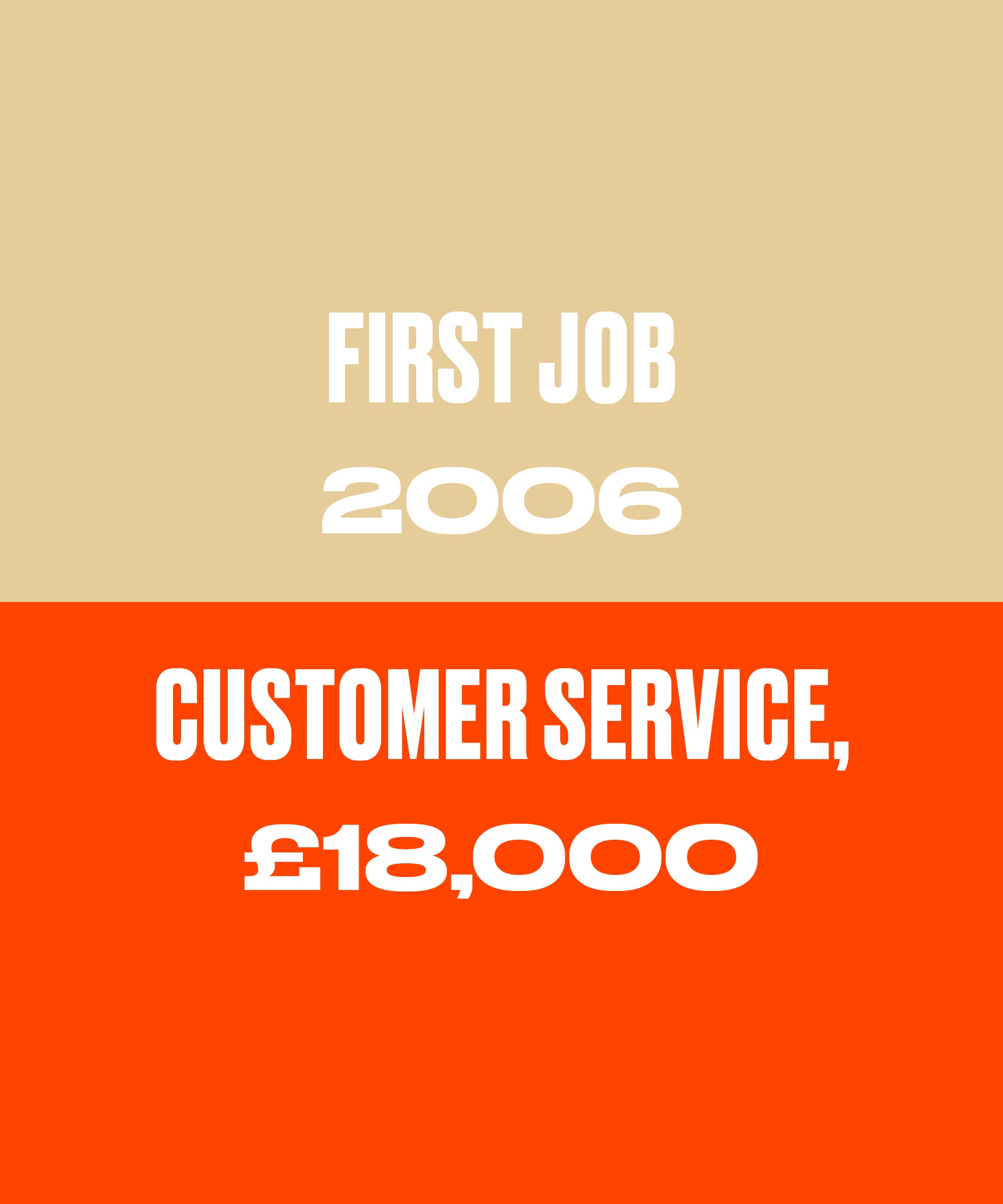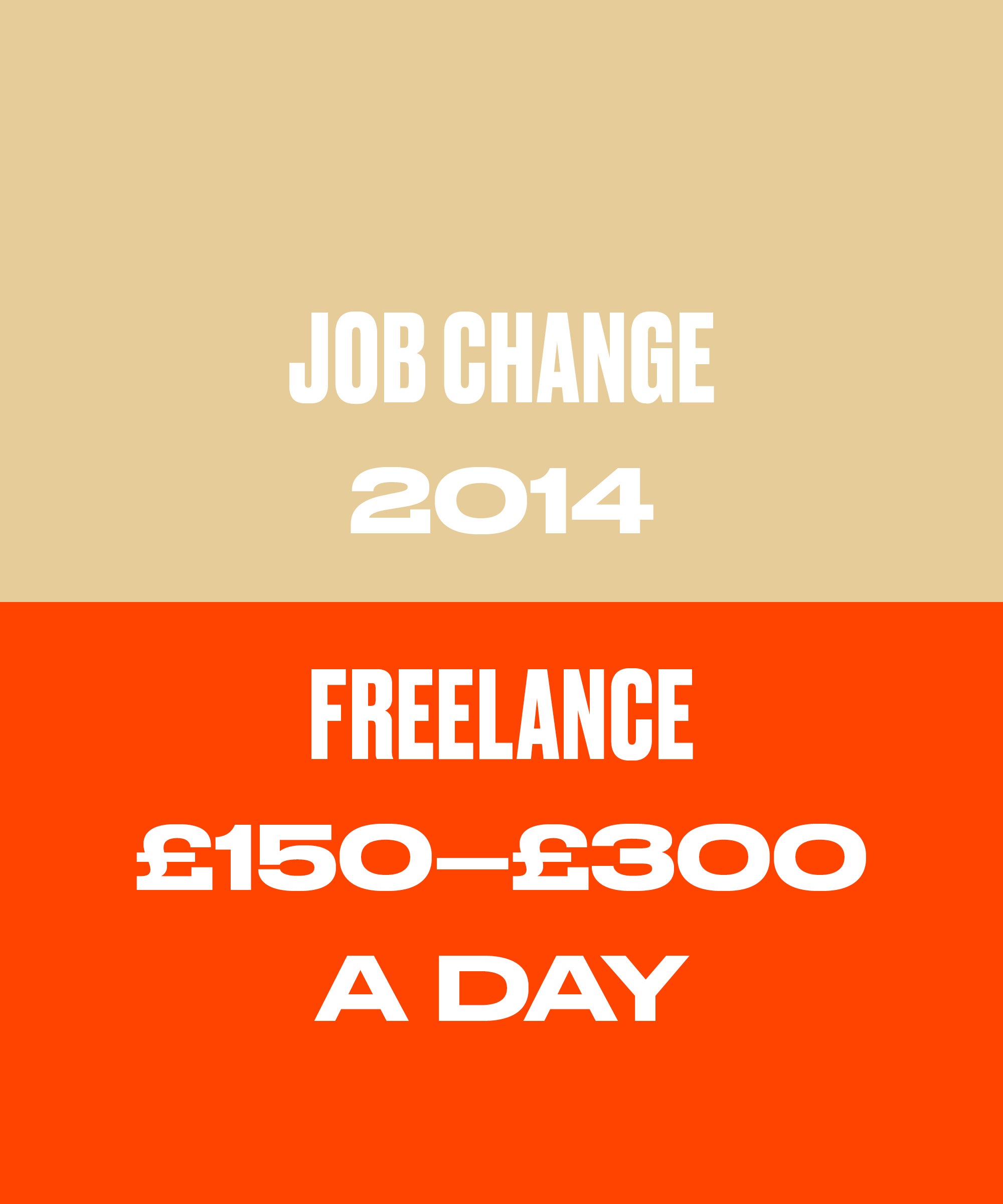Been in the workforce for at least five years and interested in contributing your salary story? Submit your information here. Published stories receive £100.
Age: 32
Location: Boat dweller. London, Bristol, Suffolk
Current industry and job title: Head of Customer Experience
Current salary: £64,000
Number of years employed since school or university: 16
Starting salary: £18,000 in 2006
Biggest salary jump: £38,000 to £64,000 in 2021
Biggest salary drop: £38,000 to £18,000 in 2010
Biggest negotiation regret: In my current role, I didn’t understand my worth. It was only when I tried to leave that I understood my true worth to the business and also what my peers were paid. I lost out for many years through a lack of confidence, and I have only now learned at 32 the way I should have believed in myself at 20.
Best salary advice: Believe in yourself, do your research. Think about the hours you actually work, not what you’re contracted to work. Think about how much it would cost them to replace you at short notice. What would the impact to the business be if you were not there from tomorrow? The recruiter fee may be more than you thought and you can add this to your expected salary.



To get experience, I worked in unpaid positions for a number of florists in east London. Whilst this is a free way to learn, I found it very difficult to live in London on little to no money. It took me about two years to feel confident enough to start working on my own projects.
Fortunately, at the time, I was living in a creative community in north London and socialising heavily within the creative scene. This enabled me to get a lot of work through word of mouth, and from there, Instagram was really essential to the promotion of the business. I fell into the events and advertising space through contacts in ad agencies and ultimately, this work was far more lucrative and stress-free than the events side. I negotiated between £150 and £300 a day, per job.

When I decided to move onto the boat, I had been struggling with the rental prices in London, and had spoken to my friends about leaving the city for a cheaper, more simple life in the countryside. At this time I was fortunate enough to have a friend who owned a houseboat in London but didn’t live on it. He kindly offered for me to live on the boat rent-free for a year to look after it, but also to see if I preferred my life in London at a slightly slower pace. I loved it and decided that this was how I wanted to live. I took out a loan from Tesco and bought my first boat six years ago now and haven’t looked back.
Returning to customer service was also surprisingly fulfilling. I worked for an online florist so was able to apply my knowledge of flowers and flower care – something I was really passionate about – to the role. I was also grateful for the freedom to be able to enjoy the London canal and river networks with my puppy and my boat, without the added pressure of a commute.

I haven’t found any issues finding remote work, although I do travel to the office about once a month. I have been lucky enough that the companies I have worked for have been extremely flexible. There are more and more opportunities for remote working now, and when I move to a new role in the future, I am confident that I’ll be able to achieve another remote position for a similar salary.

Like what you see? How about some more R29 goodness, right here?
Salary Story: A 6k Pay Cut Changed My Life